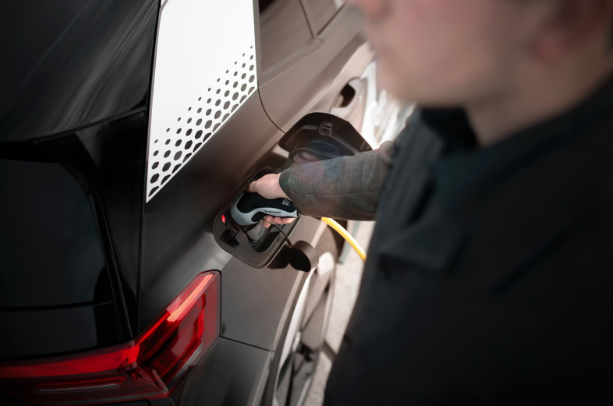The petrol vs. diesel debate has been going on for ages! Every driver – whether you work in the automotive industry or not – has their opinion of what’s best.
The battle always seems to come down to price/value for money and environmental impact.

Looking at petrol vs. diesel
The petrolheads will tell you that maintenance costs are lower and that you get better performance out of petrol engines.
Diesel lovers on the other hand, believe that what you lack in speed, you make up for in power and distance travelled per tank. And while services are more expensive, they believe they’re responsible for less carbon emissions than petrol vehicle drivers.
With the continued development of automotive technology, the line that separates diesel and petrol has become even more opaque.
In our ongoing quest to determine a winner in the petrol vs. diesel battle, let’s look at how they fare against each other in the following categories:
Cost
When we look at the AA’s breakdown of pricing for each fuel type per litre, it really is a close call.
Petrol seems to be more expensive, especially the 95 grade unleaded petrol that offers better performance. Diesel is rarely more expensive than petrol.
But don’t be fooled by the price of the fuels – the actual cost per kilometre travelled is influenced by various other factors that are unique to each vehicle and its purpose. Petrol might be more expensive in general, but diesel engines will most likely get more kilometres per tank depending on the size of the engine and the load it carries.
Petrol vehicles can be more economical if they have small engines or are driven at low revolutions i.e. constant speeds over a long distance.
Urban and extra-urban travel also play a part in the amount of petrol that is consumed.
Technology
Advancements in engine design and technology have seen engine capacity, and the subsequent burning of fuel, shrink without compromising on power and performance.
More and more vehicles with a reduced engine displacement and a turbo are seeing the light. Modern diesel engines have become more agile and with the addition of powerful turbo boosters, the issue of performance is also no longer a concern.
The quality of fuels have also evolved with oil companies finding new ways of adapting petrol and diesel to provide motorists with better consumption, reduced engine wear and better performance.
Again, it becomes clear that the petrol vs. diesel battle is influenced by a number of external and internal factors that seem to be leveling the playing field.
Environmental impact
Aside from 100% electric cars, all other vehicles produce a substantial amount of carbon emissions. The larger the vehicle and its engine, the more CO2. Engines work with combustion which basically means that the byproducts are the same as that of fire smoke.
Petrol combusts at a higher temperature than diesel and also doesn’t release the same amount of harmful gasses. However, the balance between diesel and petrol emissions tips when it comes to size.
Most commercial vehicles and trucks are manufactured with diesel engines as they have more power (torque) to transport heavy cargo, but they also produce more CO2.
As previously mentioned, smaller engines produce fewer harmful emissions making the smaller petrol engines more environmentally friendly.
In the commercial sector, the petrol vs. diesel battle is of crucial importance to ensure that budgets are met and fleets are as efficient as possible. At Avis Fleet, we assist in the fleet procurement process to ensure that you use only the most suitable vehicles for your business needs.
Along with our fuel management system we also ensure that your consumption is kept as low as possible.
Our Intelligent Fuel Management (IFM) product can help you save between 8% and 14% and has 90% accuracy rate.





